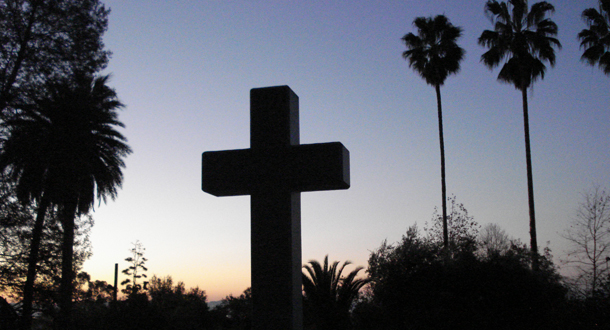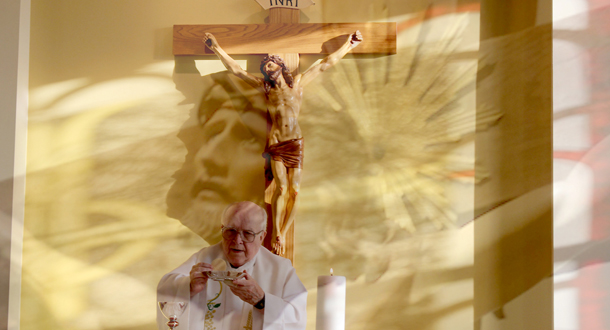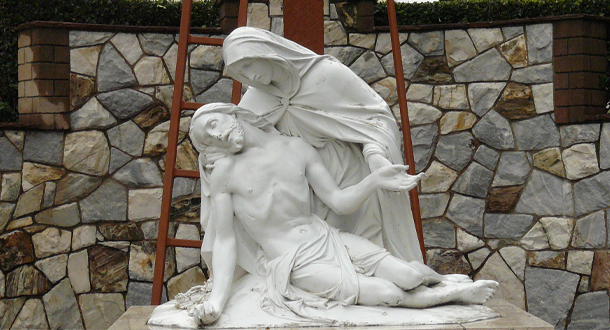 Scripture:
Scripture:
Reflection:
Brothers and sisters: We, though many, are one Body in Christ and individually parts of one another. –Romans 12:5
‘Go out quickly into the streets and alleys of the town and bring in here the poor and the crippled, the blind and the lame.’ The servant reported, ‘Sir, your orders have been carried out
and still there is room.’ The master then ordered the servant, ‘Go out to the highways and hedgerows and make people come in that my home may be filled.’ -Luke 14:21-23
What a hard lesson we have in today’s readings. In the first reading from Romans, St. Paul reminds us that we are one body in Christ. How often do I hear these words, and yet, find them so difficult to live out. Would I take a hammer and smash my own hand because it dropped my favorite mug and broke it? No! And still I fail to see those with whom I disagree as part of myself and treat them as “other.” Nowhere in this passage does Paul indicate that he is speaking only of the members of our Church. He seems to be saying everyone we meet is of the Body of Christ and everyone we meet has gifts to bring to the table. Later in the reading he cautions us not to be haughty. To not hold ourselves as superior to others. It has been said that we judge others by their actions and ourselves by our intentions: “Well, I didn’t mean to cause harm, so I’m still a good person. But they obviously have it in for me!” There I go again, holding myself superior to others.
Then in the gospel Jesus goes so far as to say “Gather people from all over, even those who weren’t invited, for my home must be filled!” The audacity of the Lord, to ask in—no, “make people come in,”—that I would exclude. In fact, it looks like the only ones who aren’t at home with Jesus are the ones who actively shunned the invitation. And, please note, it wasn’t out of spite! They refused politely! They all had important business that drew their attention away. I ask myself, what business could be more important to me than sitting down at home with Christ?
My prayer for today is that I take time to listen to God’s invitation and follow it wherever it leads.
Along with working as an independent teacher, Talib Huff volunteers and works at Christ the King Retreat Center in Citrus Heights. You may contact him at [email protected].

 Scripture:
Scripture: Scripture:
Scripture: The Commemoration of All the Faithful Departed
The Commemoration of All the Faithful Departed Solemnity of All Saints
Solemnity of All Saints Scripture:
Scripture: Scripture:
Scripture: Scripture:
Scripture: